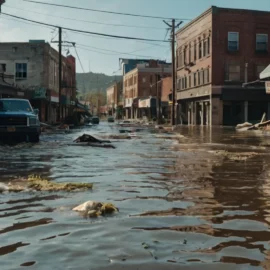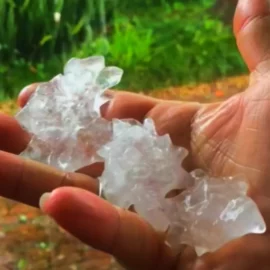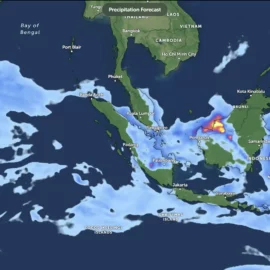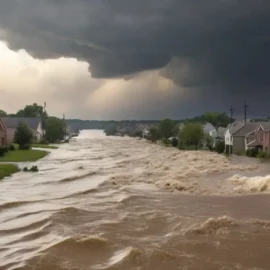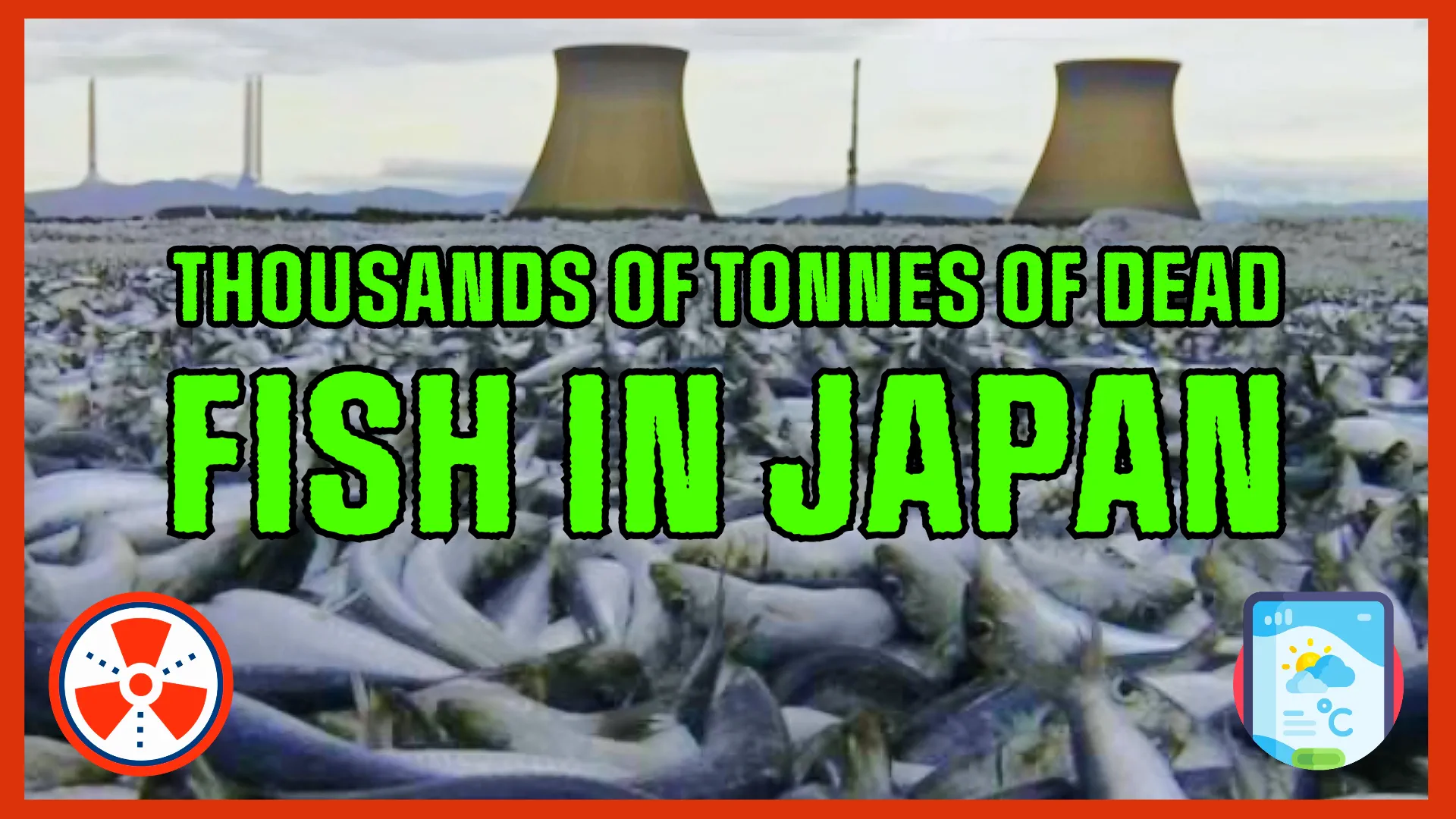
Sardines and Mackerels Take Over Hokkaido Beach
A haunting spectacle unfolds on the shores of Hakodate, Japan, as a vast expanse of beachfront is blanketed with the silver shimmer of death. Countless sardines and mackerel, spanning over a kilometer, have met an enigmatic demise, leaving local fishermen and authorities baffled. The incident prompts warnings against consumption and sparks a thorough investigation into this aquatic anomaly.
As authorities caution against consuming the mysterious bounty and city officials collect samples for testing, the event elicits a mix of caution and opportunism among locals. Some residents, driven by quick profits or necessity, harvest the lifeless spoils, disregarding warnings until the investigation concludes.
This phenomenon joins a global league of similar die-offs, each with distinct causes but collectively serving as canaries in the proverbial marine coal mine, signaling potential shifts in environmental health or looming perturbations.
Beyond a local oddity, the morbid adornment on the beach echoes implications that stretch to broader environmental concerns—foreshadowing systemic issues within our oceans. Mass mortalities like these are interconnected narratives, involving human activity, climate variability, and the intrinsic dynamics of the undersea world.
Fishing ports in nearby Hamacho, accustomed to the rhythms of the sea, are perplexed by this current and concerning aberration. On a beach densely carpeted by the dead, there lies an ominous portent, an urgent need for answers, and perhaps a reminder of human vulnerability in the face of shifting natural patterns.
Authorities are diligently investigating the cause, with a focus on recent wastewater discharge from the nuclear plant in Fukushima as a potential contributor.
Founder and chief forecaster of the Pogodnik service. He has many years of experience in the meteorological service. He is the author of numerous scientific publications and popular articles about the weather.

